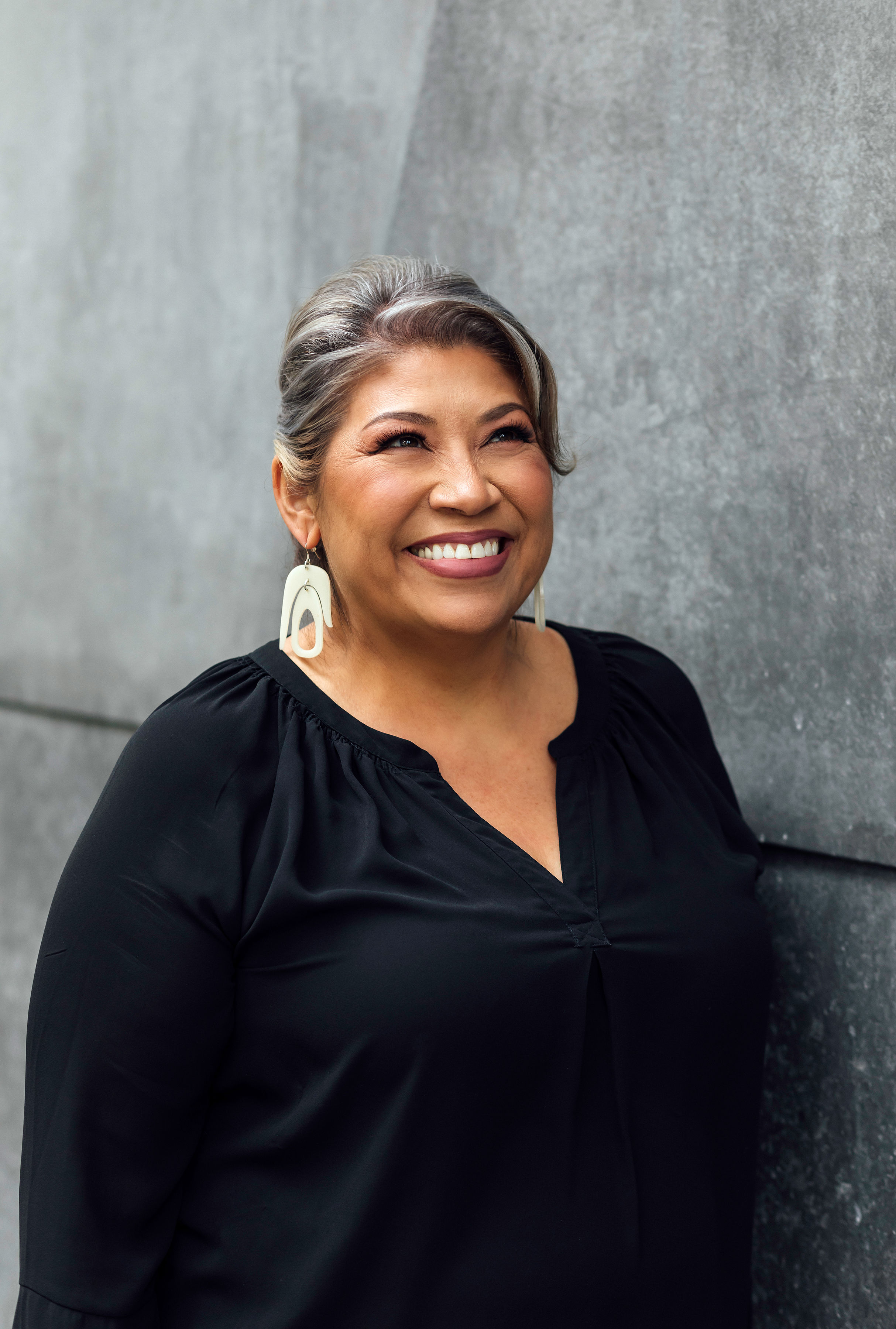Indigenous Peoples as Subjects/Objects
Description
This course provides foundational lessons about historical scientific relationships between Indigenous communities and colonial science fields in North America. Students will be introduced to key terms, nuances, and concepts to identify what decolonization means and how it can be pursued in science and research today. This class informs learners about impacts on Indigenous nations and non-humans from science practices, how they have taken place, and how to build ethical practices in varying contexts and advance Indigenous governance.
Instructors
Course Certification
Microcredential Details
Course Cost
$349 + GST (per course)
Delivery Format
Online, self-directed (asynchronous)
Record of Completion
Non-credit transcript; digital badge
Next Offering
September 22-November 24
Level
Beginner
Completion Requirements
10 hours
Textbooks
All material is available online and no textbooks are required.
Transferable Course Credit
TBD
Learning Outcomes
- Identify the hierarchies implicit in colonial science, learn how science is used for the continuation of settler colonialism and to strengthen the authority of the state, and outline how this differs from relational ways of thinking.
- Describe how Indigenous peoples have been victims of genocide based on the United Nations definition from the Convention on the Prevention and Punishment of the Crime of Genocide.
- Relate colonization to historical trauma of Indigenous peoples and identify how this connects to public discourse.
- Identify the ecological relationships among humans, plants, and space and how restitution, restoration and botanical decolonization can be pursued.
- Identify the main bioethical considerations regarding research with Indigenous peoples.
- Become familiar with biocolonialism and delve into examples to learn how it has taken place.
- Describe the main principles of intercultural justice and consider how they would advance Indigenous governance and revise ethical guidelines.
Course / Module Outline
- Science and Colonialism
- Indigenous Peoples and Experimentation
- Plants and Colonialism
- DNA, Race, and Colonialism
Contact Us
Email nsonline@ualberta.ca with any questions.
